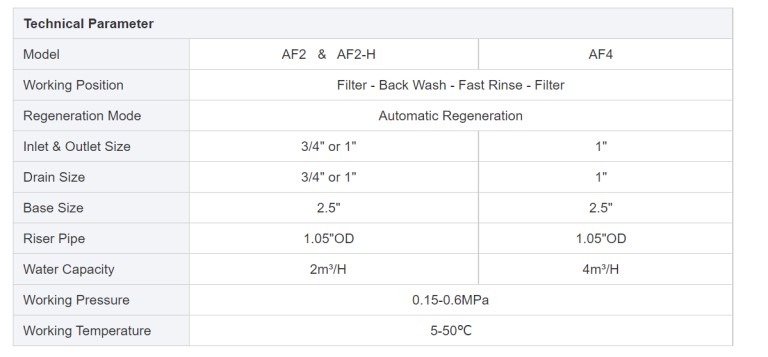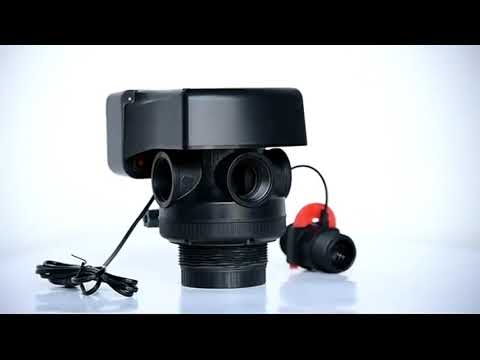Mesure précise du débit pour des systèmes de circulation efficaces.
Importance des débitmètres dans les systèmes de circulation
Les débitmètres jouent un rôle crucial dans les systèmes de circulation, garantissant le fonctionnement fluide et efficace de divers processus. Ces appareils mesurent la vitesse à laquelle un fluide, tel que l’eau ou le gaz, circule dans un système. En fournissant des données précises et en temps réel, les débitmètres permettent aux opérateurs de surveiller et de contrôler le débit, ce qui en fait un composant essentiel dans de nombreuses industries.L’une des principales raisons pour lesquelles les débitmètres sont essentiels dans les systèmes de circulation est leur capacité à optimiser les performances. En mesurant avec précision le débit, les opérateurs peuvent garantir que le système fonctionne à sa capacité optimale. Ceci est particulièrement important dans les secteurs tels que l’industrie manufacturière, où un contrôle précis du débit de fluide est nécessaire pour maintenir la qualité et l’homogénéité des produits. Les débitmètres permettent aux opérateurs d’ajuster les débits selon les besoins, évitant ainsi les débordements ou les sous-versements qui pourraient entraîner des problèmes de production coûteux. In addition to optimizing performance, flow meters also play a crucial role in maintaining system efficiency. By monitoring the flow rate, operators can identify any abnormalities or deviations from the desired flow. This early detection allows for prompt troubleshooting and maintenance, preventing potential system failures or breakdowns. By addressing issues promptly, operators can minimize downtime and reduce the risk of costly repairs or replacements.Furthermore, flow meters are essential in circulation systems for accurate billing and resource management. In industries where fluids are supplied to customers, such as water utilities or gas suppliers, flow meters provide accurate measurements for billing purposes. These devices ensure that customers are billed correctly based on their actual usage, promoting fairness and transparency. Moreover, flow meters help in resource management by providing data on consumption patterns, allowing operators to identify areas of high usage and implement conservation measures if necessary.Another significant advantage of flow meters in circulation systems is their role in ensuring safety. In industries where the flow of hazardous materials is involved, such as chemical plants or oil refineries, accurate flow measurement is crucial for maintaining a safe working environment. Flow meters provide operators with real-time data on the flow rate, allowing them to detect any sudden changes or leaks. This early detection enables operators to take immediate action, preventing potential accidents or environmental hazards.Moreover, flow meters are essential in circulation systems for regulatory compliance. Many industries are subject to strict regulations regarding the monitoring and control of fluid flow. Flow meters provide the necessary data to ensure compliance with these regulations, helping operators avoid penalties or legal issues. By accurately measuring and recording flow rates, flow meters provide a reliable source of data for regulatory reporting and audits.In conclusion, flow meters are essential in circulation systems for various reasons. They optimize performance by ensuring the system operates at its optimal capacity, maintain efficiency by detecting abnormalities and facilitating prompt maintenance, enable accurate billing and resource management, ensure safety by detecting leaks or sudden changes in flow, and promote regulatory compliance. These devices are indispensable in industries where fluid flow plays a critical role, providing operators with the necessary data to monitor, control, and optimize their systems.
In addition to optimizing performance, flow meters also play a crucial role in maintaining system efficiency. By monitoring the flow rate, operators can identify any abnormalities or deviations from the desired flow. This early detection allows for prompt troubleshooting and maintenance, preventing potential system failures or breakdowns. By addressing issues promptly, operators can minimize downtime and reduce the risk of costly repairs or replacements.Furthermore, flow meters are essential in circulation systems for accurate billing and resource management. In industries where fluids are supplied to customers, such as water utilities or gas suppliers, flow meters provide accurate measurements for billing purposes. These devices ensure that customers are billed correctly based on their actual usage, promoting fairness and transparency. Moreover, flow meters help in resource management by providing data on consumption patterns, allowing operators to identify areas of high usage and implement conservation measures if necessary.Another significant advantage of flow meters in circulation systems is their role in ensuring safety. In industries where the flow of hazardous materials is involved, such as chemical plants or oil refineries, accurate flow measurement is crucial for maintaining a safe working environment. Flow meters provide operators with real-time data on the flow rate, allowing them to detect any sudden changes or leaks. This early detection enables operators to take immediate action, preventing potential accidents or environmental hazards.Moreover, flow meters are essential in circulation systems for regulatory compliance. Many industries are subject to strict regulations regarding the monitoring and control of fluid flow. Flow meters provide the necessary data to ensure compliance with these regulations, helping operators avoid penalties or legal issues. By accurately measuring and recording flow rates, flow meters provide a reliable source of data for regulatory reporting and audits.In conclusion, flow meters are essential in circulation systems for various reasons. They optimize performance by ensuring the system operates at its optimal capacity, maintain efficiency by detecting abnormalities and facilitating prompt maintenance, enable accurate billing and resource management, ensure safety by detecting leaks or sudden changes in flow, and promote regulatory compliance. These devices are indispensable in industries where fluid flow plays a critical role, providing operators with the necessary data to monitor, control, and optimize their systems.







